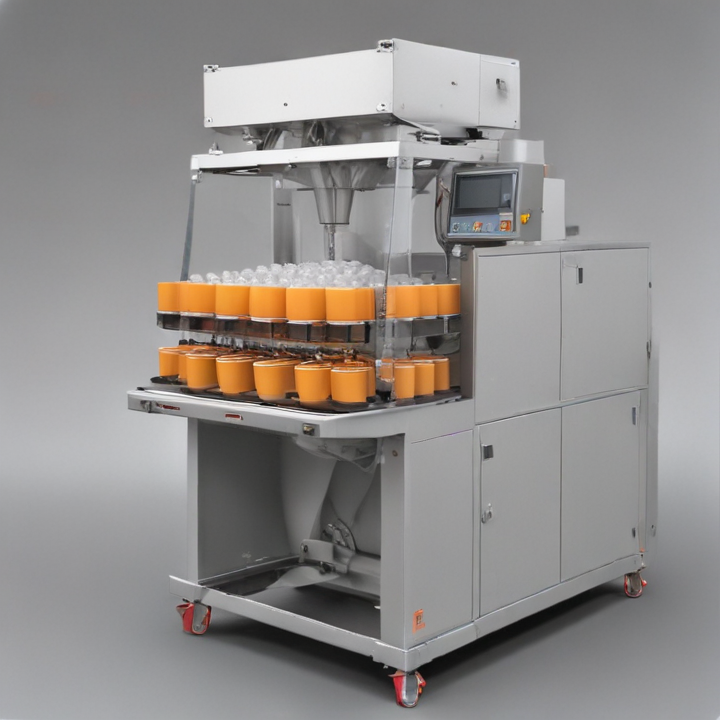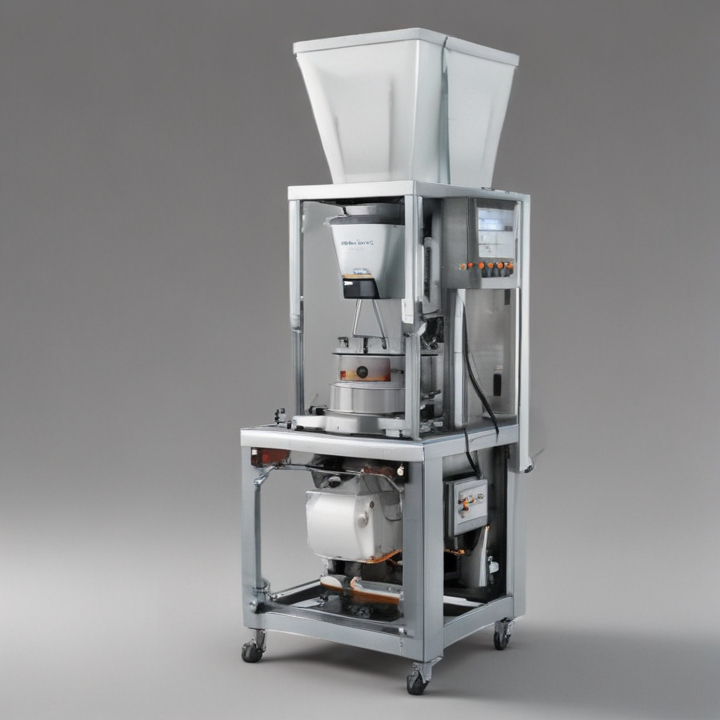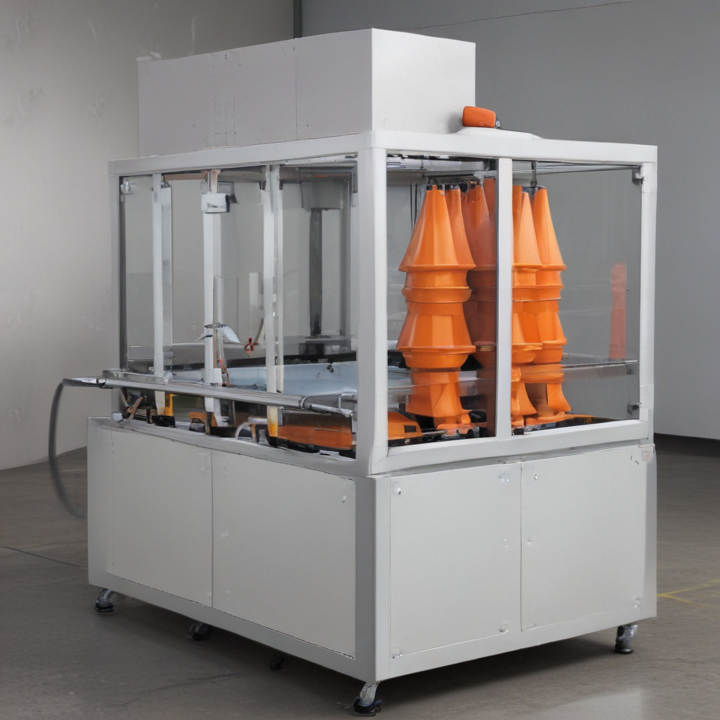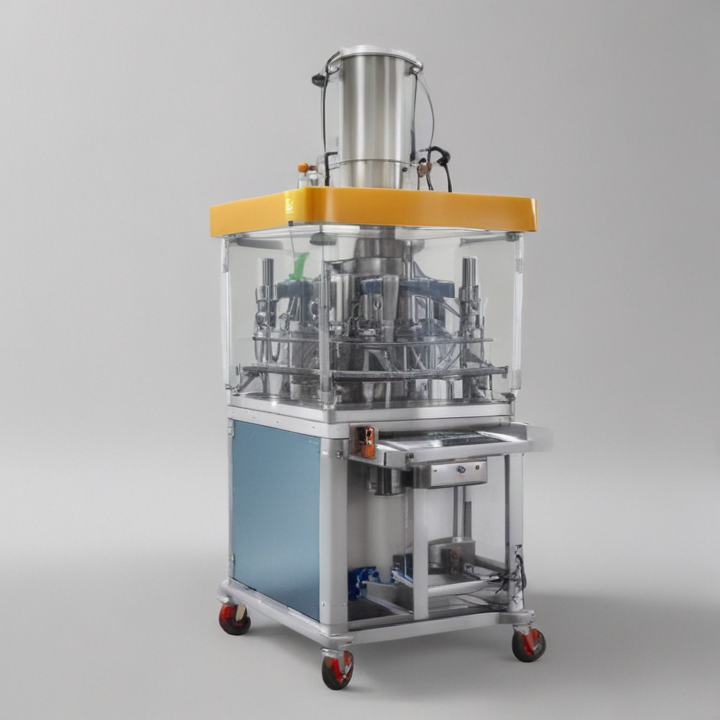List Technical Parameters of “automatic cone packer”
Sure, here is a concise list of the technical parameters for an automatic cone packer:
– **Construction Material**: Typically stainless steel for durability and hygiene.
– **Dimensions**: Varies by model but generally compact to fit in standard workspaces.
– **Power Supply**: Generally requires 110-240V, 50/60Hz.
– **Control System**: Often features a PLC (Programmable Logic Controller) for precision and easy programming.
– **User Interface**: Touch-screen display for ease of operation and real-time monitoring.
– **Production Speed**: Varies from model to model, commonly ranging from 20 to 120 cones per minute.
– **Cone Size Range**: Adjustable to accommodate different cone sizes, usually from 70mm to 180mm.
– **Fill Weight Range**: Adjustable, typically from 0.5g to 3g depending on material density.
– **Accuracy**: High precision sensors to maintain consistent fill weight, usually within ±0.1g.
– **Hopper Capacity**: Varies, but generally between 2kg to 50kg to minimize refilling frequency.
– **Material Compatibility**: Suitable for a variety of filling materials such as tobacco, cannabis, and other herbals.
– **Noise Level**: Designed to operate within standard industrial noise levels, often below 75 dB.
– **Safety Features**: Emergency stop button, overload protection, and safety guards.
– **Operational Temperature**: Typically between 0°C and 40°C.
– **Weight**: Usually between 100kg to 500kg, depending on model and capacity.
– **Maintenance**: Often includes easy-to-clean design, with parts that are simple to disassemble and reassemble.
– **Certifications**: Compliance with local and international safety and hygiene standards (e.g., CE, ISO).
These parameters can vary based on the manufacturer and specific model of the automatic cone packer. Always refer to the manufacturer’s datasheet for the most accurate specifications.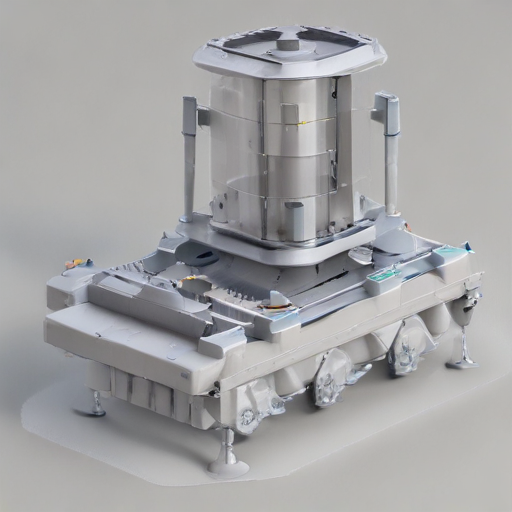
List Product features of “automatic cone packer”
An automatic cone packer is a highly efficient machine designed for filling pre-rolled cones with ground material. Below are key features of an automatic cone packer:
1. **Automated Operation**: Eliminates the need for manual packing, increasing productivity and reducing labor costs.
2. **High Speed and Efficiency**: Capable of packing multiple cones simultaneously, ensuring a fast and consistent output.
3. **Precise Filling**: Utilizes advanced technology to ensure even distribution and consistent fill weights, enhancing product quality.
4. **User-Friendly Interface**: Equipped with an intuitive control panel, making it easy to operate with minimal training.
5. **Adjustable Settings**: Allows customization of fill weights, vibration intensity, and tamping pressures to meet specific needs.
6. **Durable Construction**: Built with high-quality materials to withstand continuous use and ensure longevity.
7. **Safety Features**: Includes safety guards and emergency stop buttons to ensure operator safety at all times.
8. **Minimal Waste**: Designed to minimize material loss during the packing process, improving overall efficiency.
9. **Compact Design**: Takes up minimal floor space, making it suitable for both small and large production facilities.
10. **Easy Maintenance**: Features easy-to-clean components and accessible parts, reducing downtime and maintenance costs.
11. **Compatibility**: Supports a wide range of cone sizes and materials, offering versatility for various production requirements.
12. **Integrated Quality Control**: Some models include sensors and checks to ensure each cone is packed correctly, maintaining high standards.
These features make an automatic cone packer a valuable investment for businesses looking to enhance their production efficiency while maintaining high-quality standards.
List Application of “automatic cone packer”
An automatic cone packer is a specialized piece of machinery primarily used in various industries for the efficient and uniform packing of cone-shaped containers or products. Here are some key applications of an automatic cone packer:
1. **Food Industry:**
– **Ice Cream Cones:** Ensures ice cream cones are packed neatly and efficiently, reducing breakage.
– **Pastries and Wafers:** Automates packing of delicate items to maintain product integrity.
2. **Pharmaceuticals:**
– **Medicine Dosages:** Facilitates the packaging of conical capsule containers and ensuring precision in dosage distribution.
3. **Herbal and Recreational Products:**
– **Pre-Roll Packaging:** In the cannabis industry, automatic cone packers are used to consistently fill pre-roll cones with ground cannabis, streamlining the production of pre-rolled joints.
4. **Construction Materials:**
– **Cement and Chemicals:** Enables the efficient packing of conical containers used to store or transport powdered and granular construction materials.
5. **Seeds and Agricultural Products:**
– **Seed Packaging:** Ensures uniform packing of seeds into cone-shaped packets for retail distribution, enhancing product presentation and convenience.
6. **Consumer Goods:**
– **Specialty Items:** Used in packaging unique conical consumer products such as decorative cones, party poppers, and more.
7. **Logistics and Distribution:**
– **Bulk Packaging:** Optimizes space by packing products in conical forms for easier storage and transportation.
In summary, automatic cone packers play a vital role in enhancing the efficiency, consistency, and safety of packing processes across various industries. By automating this repetitive task, businesses can significantly lower labor costs, reduce the risk of product damage, and ensure uniformity in packaging, all of which contribute to improved operational productivity and customer satisfaction.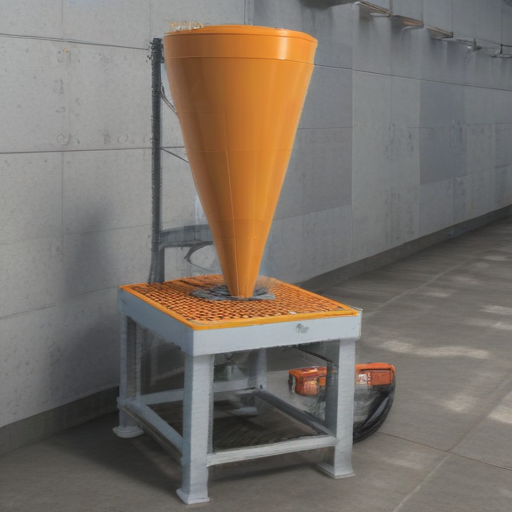
List Various Types of “automatic cone packer”
Automatic cone packers are specialized machines designed to fill pre-rolled cones with ground material, ensuring efficiency, consistency, and speed in the packaging process. Here are various types of automatic cone packers:
1. **Tabletop Cone Packers**: Compact machines suitable for small-scale operations or businesses with limited space. These are ideal for dispensaries or boutique producers.
2. **Industrial Cone Packers**: High-capacity machines designed for large-scale production. They can fill hundreds or thousands of cones per hour, catering to high-demand environments.
3. **Rotary Cone Packers**: Use a rotating mechanism to fill multiple cones simultaneously. These machines enhance speed and efficiency, often found in large-scale production lines.
4. **Vibratory Cone Packers**: Utilize vibration technology to ensure even distribution of the material in each cone. These packers can handle different types of materials and cone sizes.
5. **Multi-head Cone Packers**: Equipped with several filling heads to increase productivity. They can simultaneously fill multiple cones, making them suitable for medium to large operations.
6. **Semi-automatic Cone Packers**: Combine manual and automatic processes, requiring minimal human intervention to operate. These are a cost-effective solution for growing businesses.
7. **Robotic Cone Packers**: Integrate robotic arms for precise filling and placement, ensuring high accuracy and speed. These machines are suitable for operations requiring minimal human contact.
8. **Portable Cone Packers**: Lightweight and mobile machines that can be easily moved and set up in various locations, perfect for businesses that require flexibility.
These diverse types ensure that various needs—from small-scale artisanal production to large industrial operations—are met efficiently.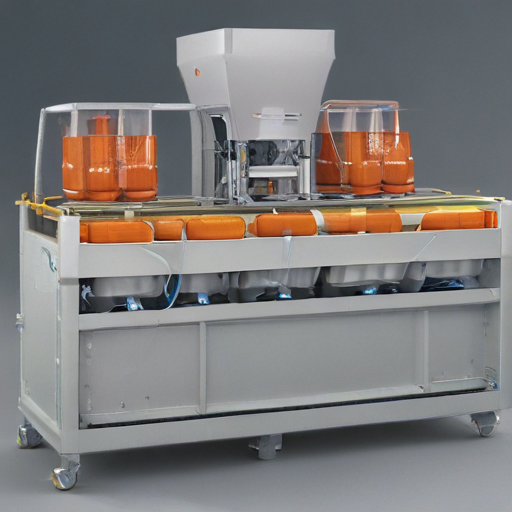
Custom Manufacturing Options for automatic cone packer
When considering custom manufacturing options for an automatic cone packer, several key features and specifications should be tailored to meet specific operational needs and optimize performance:
1. **Cone Size Compatibility**:
– Customizable modules to accommodate various cone sizes, from 1¼ to king-size, ensuring flexibility across different product lines.
2. **Production Speed**:
– Adjustable settings to cater for different production rates, ranging from 20 to 100 cones per minute, aiding in scalability based on demand.
3. **Material Handling**:
– Options for automated bulk material feeding systems to ensure a seamless filling process.
– Customizable hopper sizes and feeding mechanisms to handle various types of materials, including delicate or sticky substances.
4. **Filling Accuracy**:
– Precision dosing systems with sensor technology to ensure consistent fill weights and minimize material waste.
– Programmable Logic Controller (PLC) for precise control over filling cycles and customizable fill levels.
5. **Integration Capabilities**:
– Compatibility with existing production lines and packaging systems for streamlined operations.
– Integration with quality control systems such as check weighers and vision systems for real-time monitoring and accuracy.
6. **Material Type & Safety Standards**:
– Construction using food-grade materials like stainless steel to meet hygiene standards.
– Compliance with safety and regulatory standards such as CE, FDA, or GMP depending on your geographic region and industry requirements.
7. **User Interface & Controls**:
– Touch screen Human-Machine Interface (HMI) for intuitive operation.
– Multi-language support and customizable software options to meet specific operator needs.
8. **Maintenance & Support**:
– Easy-access design for cleaning and maintenance to reduce downtime.
– Availability of remote diagnostics and support for efficient troubleshooting.
9. **Footprint**:
– Customizable design to fit space constraints within your production facility.
By focusing on these customizable options, manufacturers can offer a tailored automatic cone packing solution that enhances productivity, maintains high-quality standards, and positively impacts overall operational efficiency.
List Quality Control and The Manufacturing Process of “automatic cone packer”
### Quality Control of Automatic Cone Packer
1. **Material Inspection**: Ensuring that all raw materials and components meet specified standards before they enter the production line.
2. **Component Testing**: Individual parts like motors, conveyors, and sensors are tested for functionality.
3. **Assembly Inspection**: Each assembly stage is inspected to confirm proper alignment and connection of components.
4. **Calibration**: Regular calibration of machines to ensure accuracy in weight, size, and packing consistency.
5. **Functional Testing**: Run test cycles to ensure the automatic cone packer operates efficiently and meets performance criteria.
6. **Final Inspection**: A thorough final review of the packed cones for any defects or inconsistencies before shipping.
7. **Compliance Check**: Ensure that the entire process meets industry standards and regulations.
### Manufacturing Process of Automatic Cone Packer
1. **Design and Prototyping**: Engineers design the machine using CAD software. Prototypes are created for initial testing and design refinement.
2. **Material Procurement**: High-quality materials and components like stainless steel, electronic sensors, and motors are sourced from reliable suppliers.
3. **Component Manufacturing**: Parts are manufactured using CNC machining, laser cutting, and other precision fabrication methods.
4. **Assembly**: Skilled technicians assemble the components into sub-assemblies, which are later integrated into the main machine structure.
5. **Wiring and Plumbing**: Electrical wiring and pneumatic/hydraulic lines are installed, ensuring proper connectivity and fluid dynamics.
6. **Software Installation**: Control software is installed and configured, enabling automated functions and user interface controls.
7. **Initial Testing**: The assembled machine undergoes initial functional tests to identify any issues that need correction.
8. **Calibration and Adjustment**: Machines are calibrated and fine-tuned for optimal performance, including adjustments for speed, pressure, and alignment.
9. **Quality Control**: Each machine goes through a series of quality checks and validations to ensure it meets all operational criteria.
10. **Packaging and Shipping**: Completed machines are carefully packaged and shipped to customers with detailed user manuals and maintenance guides.
This streamlined overview ensures each automatic cone packer meets high standards of quality and functionality.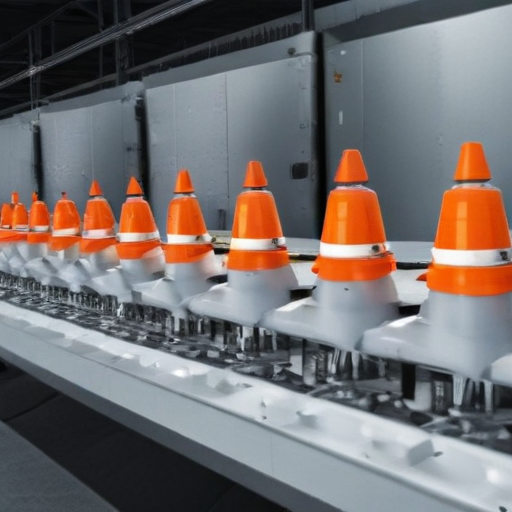
How to use “automatic cone packer”
An “automatic cone packer” is a device designed to fill pre-rolled cones with ground material, typically used for rolling cigarettes or other smoking products. Here is a step-by-step guide to using an automatic cone packer efficiently:
### Setup:
1. **Place the Machine**: Position the automatic cone packer on a stable, flat surface near an electrical outlet.
2. **Power On**: Plug in the machine and switch it on. Most devices will have an on/off button.
### Preparation:
3. **Prepare Cones**: Retrieve pre-rolled cones. Ensure they are dry and in good shape.
4. **Load Cones**: Insert the cones into the designated cone holders. Some machines may have multiple slots to fill several cones at once.
5. **Fill Material**: Grind your material to a consistent texture suitable for cone packing. Avoid overly fine or chunky grinds for optimal results.
### Operation:
6. **Add Material**: Pour the ground material into the hopper. Use a scoop or funnel if necessary to avoid spillage.
7. **Select Settings**: Adjust the settings on the machine if it has options for fill density or speed. Follow the manufacturer’s instructions for specific adjustments.
8. **Start Packing**: Press the start button. The machine will automatically dispense and pack the material into the cones. You might hear vibrating or compression sounds, which are normal.
### Finishing:
9. **Monitor Process**: Keep an eye on the filling process to ensure no jams or issues occur. Most machines are built to handle filling but occasional checks help.
10. **Retrieve Cones**: Once the machine finishes, carefully remove the filled cones from their holders.
11. **Tamp if Necessary**: Some machines might require a final tamping to ensure the material is evenly packed.
### Cleanup:
12. **Turn Off and Unplug**: Always turn off and unplug the machine after use.
13. **Clean Up**: Remove any leftover material from the hopper and other parts. Refer to the manufacturer’s cleaning instructions to ensure proper maintenance.
By following these steps, you can efficiently use your automatic cone packer to produce perfectly filled cones with minimal effort.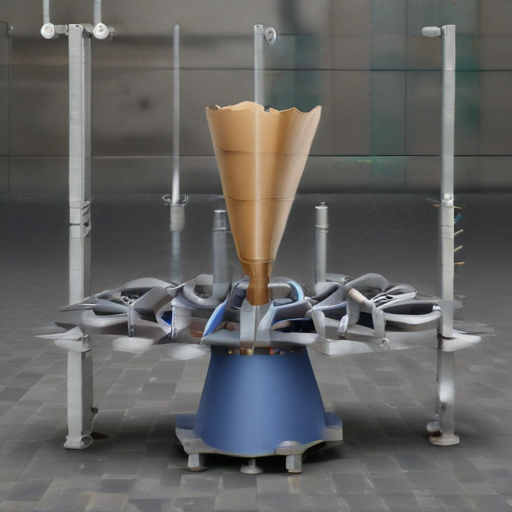
List Properties and Terms of “automatic cone packer”
An automatic cone packer is a sophisticated machine designed for efficiently and accurately packing pre-rolled cones with cannabis, tobacco, or other materials. Here are some key properties and terms associated with automatic cone packers:
### Properties:
1. **Automation**: Automatically fills cones with minimal human intervention, increasing productivity and consistency.
2. **Speed**: High-speed operations capable of handling multiple cones per minute.
3. **Precision**: Ensures even distribution of material for consistent cone quality.
4. **Capacity**: Varies by model, can range from a few hundred to several thousand cones per hour.
5. **Hopper Size**: Large-capacity hoppers reduce the frequency of refills.
6. **Versatility**: Can handle different sizes of cones (e.g., 1 ¼, king-size).
7. **Material Compatibility**: Designed for various substances like cannabis, tobacco, and herbs.
8. **User Interface**: Often includes touchscreens and programmable settings for ease of use.
9. **Construction**: Made from durable materials like stainless steel for longevity.
10. **Maintenance**: Typically easy to clean and maintain with replaceable parts.
### Key Terms:
1. **Cones**: Pre-rolled paper tubes used for packing.
2. **Hopper**: The container where bulk material is placed before being packed.
3. **Feeding Mechanism**: The system that moves material from the hopper into the cones.
4. **Filling Chamber**: The section where material is dispensed into cones.
5. **Compression**: The process of packing material tightly in the cones to ensure even burning.
6. **Vibration Plate**: Helps in settling the material evenly within the cones.
7. **Footprint**: The physical space the machine occupies.
8. **Output**: The number of cones the machine can pack in a given time period.
9. **Settings/Adjustments**: Controls for cone size, fill density, and speed.
10. **Safety Mechanisms**: Features to prevent accidents and ensure safe operation.
Other considerations:
– **Usage**: Ideal for dispensaries, manufacturers, and large-scale producers.
– **Cost**: Investment varies based on features, capacity, and brand.
In summary, automatic cone packers streamline the packing process, ensuring high efficiency and consistency, which is essential for maintaining product quality and meeting high demand in the cannabis and tobacco industries.
List The Evolution history of “automatic cone packer”
The evolution of the automatic cone packer has been marked by significant technological advancements aimed at streamlining the packaging process for the cannabis industry. Here’s a concise timeline of its development:
1. **Manual Rolling (Pre-1990s)**: Initially, individuals rolled cones by hand, a labor-intensive process prone to inconsistencies and inefficiencies, especially as demand for pre-rolled cones grew.
2. **Manual Cone Fillers (1990s-2000s)**: Simple mechanical devices were designed to fill cones more quickly than by hand. These manual fillers provided some efficiency improvements but still required considerable human labor.
3. **Semi-Automatic Machines (Early 2010s)**: Innovations led to semi-automatic packing machines, which mechanized parts of the process such as filling and compacting the cannabis into cones. These machines increased consistency and reduced labor but still required substantial human intervention for loading and unloading.
4. **Fully Automatic Cone Packers (Mid-2010s)**: The development of fully automatic cone packers marked a significant leap. These machines could autonomously handle entire packaging sequences, including weighing, filling, compacting, twisting, and sealing, largely eliminating the need for manual labor.
5. **High-Tech Automation (Late 2010s-Present)**: Recent advancements have focused on refining these automated systems to improve speed, precision, and flexibility. Modern automatic cone packers incorporate sophisticated sensors, robotics, and software to optimize every step, ensuring uniformity and compliance with various regulations. Integration with data analytics and automation systems further enhances operational efficiency.
6. **Customization and Scalability (2020s)**: Today’s machines are highly customizable to meet specific production requirements and scalable to accommodate growing business needs. Manufacturers continually introduce innovations, like modular components for easy upgrades, and integration with broader manufacturing execution systems (MES) to streamline operations further.
In summary, the evolution of automatic cone packers has transitioned from labor-intensive manual processes to highly automated, precise, and efficient systems, reflecting advancements in mechanical engineering, robotics, and data integration.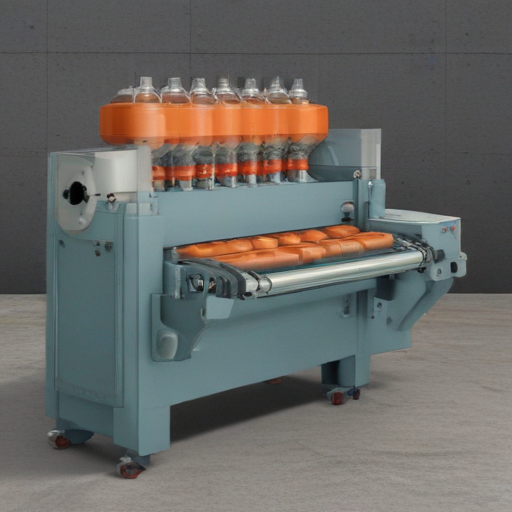
How to Select a Reliable automatic cone packer
Selecting a reliable automatic cone packer involves assessing several critical factors to ensure efficiency, quality, and return on investment. Here’s a concise guide:
1. **Manufacturer Reputation**: Research manufacturers with solid reputations and proven track records. Customer reviews and industry ratings can offer valuable insight.
2. **Build Quality**: Look for machines made from durable, high-quality materials like stainless steel, which is resistant to corrosion and ensures longevity.
3. **Automation and Precision**: Ensure the packer provides high automation levels, reducing manual labor and error. Precise dosing mechanisms are crucial for consistency.
4. **Capacity and Speed**: Verify that the machine can handle your required production volume. Speed without compromising accuracy is essential.
5. **Ease of Use**: Choose a packer with an intuitive interface and user-friendly controls. This minimizes training time and operational errors.
6. **Maintenance and Support**: Opt for a model with straightforward maintenance requirements and accessible customer support. This reduces downtime and keeps production smooth.
7. **Compatibility**: Ensure the machine is compatible with various cone sizes and materials. Versatility can accommodate shifting market needs.
8. **Safety Features**: Safety is paramount. Select machines with built-in safety features like emergency stops and safety guards.
9. **Cost and ROI**: Weigh the initial cost against the expected return on investment. Sometimes, a more expensive, high-quality machine offers better long-term savings through efficiency and durability.
10. **Warranty and Service Agreements**: A solid warranty and favorable service agreements can protect your investment and ensure reliable performance.
Engaging with industry experts, attending trade shows, and testing machines when possible can provide additional assurance before making your final decision.
List “automatic cone packer” FAQ
**Automatic Cone Packer FAQs**
**1. What is an automatic cone packer?**
An automatic cone packer is a machine designed to fill pre-rolled cones with ground material, typically used in the cannabis industry, to streamline the packaging process and increase production efficiency.
**2. How does an automatic cone packer work?**
The machine typically uses a vibration or tamping mechanism to evenly distribute the ground material into pre-rolled cones. The process involves loading the cones into a tray, filling them with the material, and sealing or capping the cones.
**3. What are the benefits of using an automatic cone packer?**
– **Increased Efficiency:** Significantly speeds up the cone filling process.
– **Consistency:** Ensures uniform filling and prevents product waste.
– **Labor Savings:** Reduces the need for manual labor, lowering labor costs.
– **Scalability:** Can handle larger production demands, supporting business growth.
**4. What materials can an automatic cone packer handle?**
The machine is typically designed for ground cannabis or hemp but can also handle other fine, dry herb materials depending on the machine’s specifications.
**5. What sizes of cones can it fill?**
Most automatic cone packers are adjustable and can fill various sizes of pre-rolled cones, ranging from 1/4 gram to 1 gram or larger.
**6. Is the machine easy to clean and maintain?**
Yes, many automatic cone packers are designed with easy-to-remove parts and are made from materials that are simple to clean, such as stainless steel.
**7. What is the production capacity?**
Production capacity can vary, but many machines can fill hundreds to thousands of cones per hour, depending on the model and settings.
**8. Are there different models available?**
Yes, there are several models available to suit different production scales and budgets, ranging from tabletop units for small businesses to industrial-grade machines for large operations.
**9. What factors should I consider when purchasing an automatic cone packer?**
Consider production capacity, ease of use, compatibility with your cone sizes, and your budget. It’s also wise to look for machines with good customer support and warranty options.
**10. Where can I buy an automatic cone packer?**
You can purchase automatic cone packers from specialized equipment suppliers, cannabis industry trade shows, or online marketplaces that cater to industrial cannabis equipment.
Top 10 FAQ with answer about automatic cone packer for Buyer Sourcing from China
Certainly! Here are the top 10 FAQs with succinct answers about sourcing an automatic cone packer from China:
1. **What is an automatic cone packer?**
An automatic cone packer is a machine designed to efficiently fill and pack pre-rolled cones with various substances such as tobacco or herbs.
2. **Why should I source an automatic cone packer from China?**
China offers cost-effective manufacturing, a wide variety of suppliers, and technological advancements in packaging machinery, providing a good balance between quality and price.
3. **How do I ensure the manufacturer is reliable?**
Look for certifications such as ISO, check customer reviews, request references, and consider third-party audits or inspections.
4. **What are the average lead times for these machines?**
Typical lead times range from 30 to 60 days, but this can vary based on customization requirements and order volume.
5. **Can these machines be customized?**
Yes, many manufacturers offer customization in terms of filling capacity, automation level, and compatibility with different cone sizes.
6. **What are the payment terms?**
Common terms include 30% deposit upfront and 70% balance upon shipment. Payment methods often accepted include T/T (wire transfer), L/C (Letter of Credit), and sometimes PayPal for smaller transactions.
7. **What kind of after-sales support is available?**
Reputable manufacturers provide technical support, spare parts, and sometimes on-site installation and training services. Ensure the support terms are clear before purchasing.
8. **Do I need to worry about import regulations?**
Yes, it’s essential to understand the import regulations of your country, including any necessary certifications, tariffs, and documentation.
9. **How do I handle shipping and logistics?**
Manufacturers typically offer FOB (Free On Board) terms where you arrange for shipping. Consider partnering with a reliable freight forwarder to manage shipping, customs clearance, and delivery.
10. **What warranties are offered?**
Warranties vary, but most suppliers provide a minimum of one-year warranty for major components. Always verify the warranty terms and conditions with the supplier.
By seeking reliable suppliers and understanding these key aspects, you can effectively source an automatic cone packer from China.

